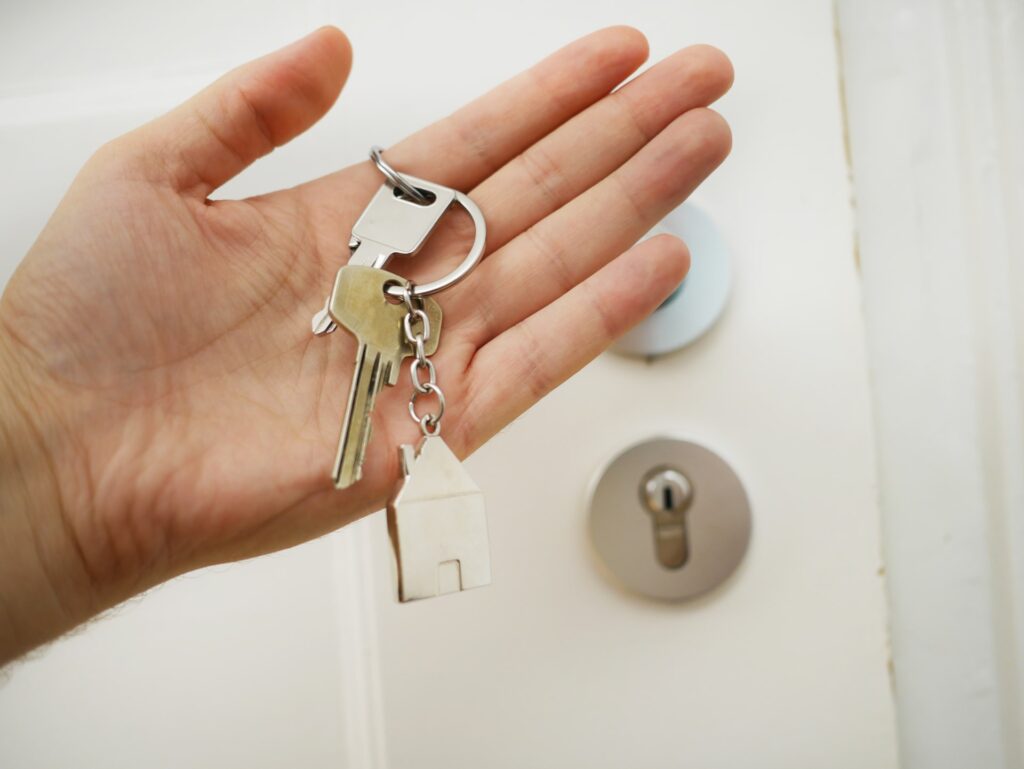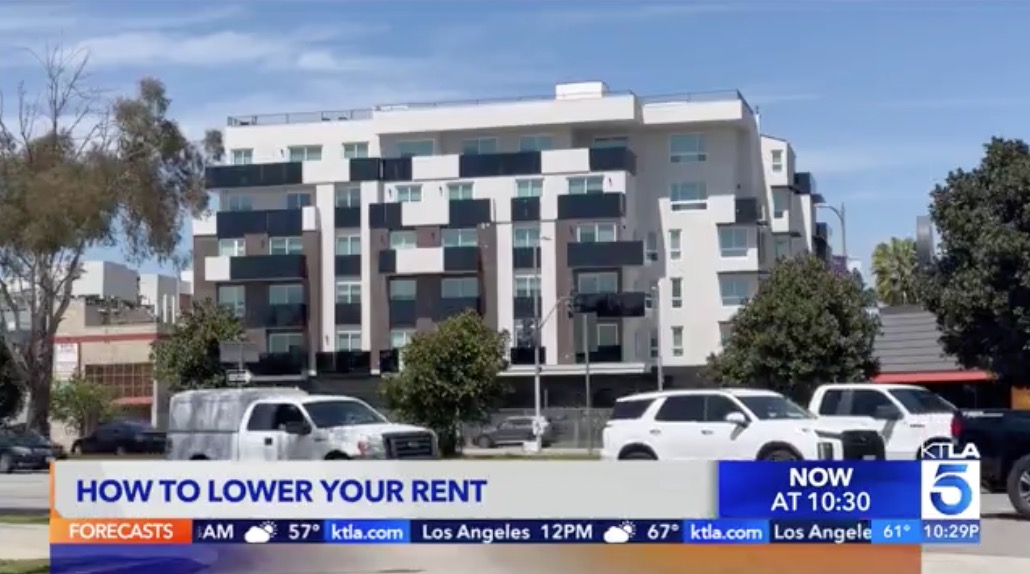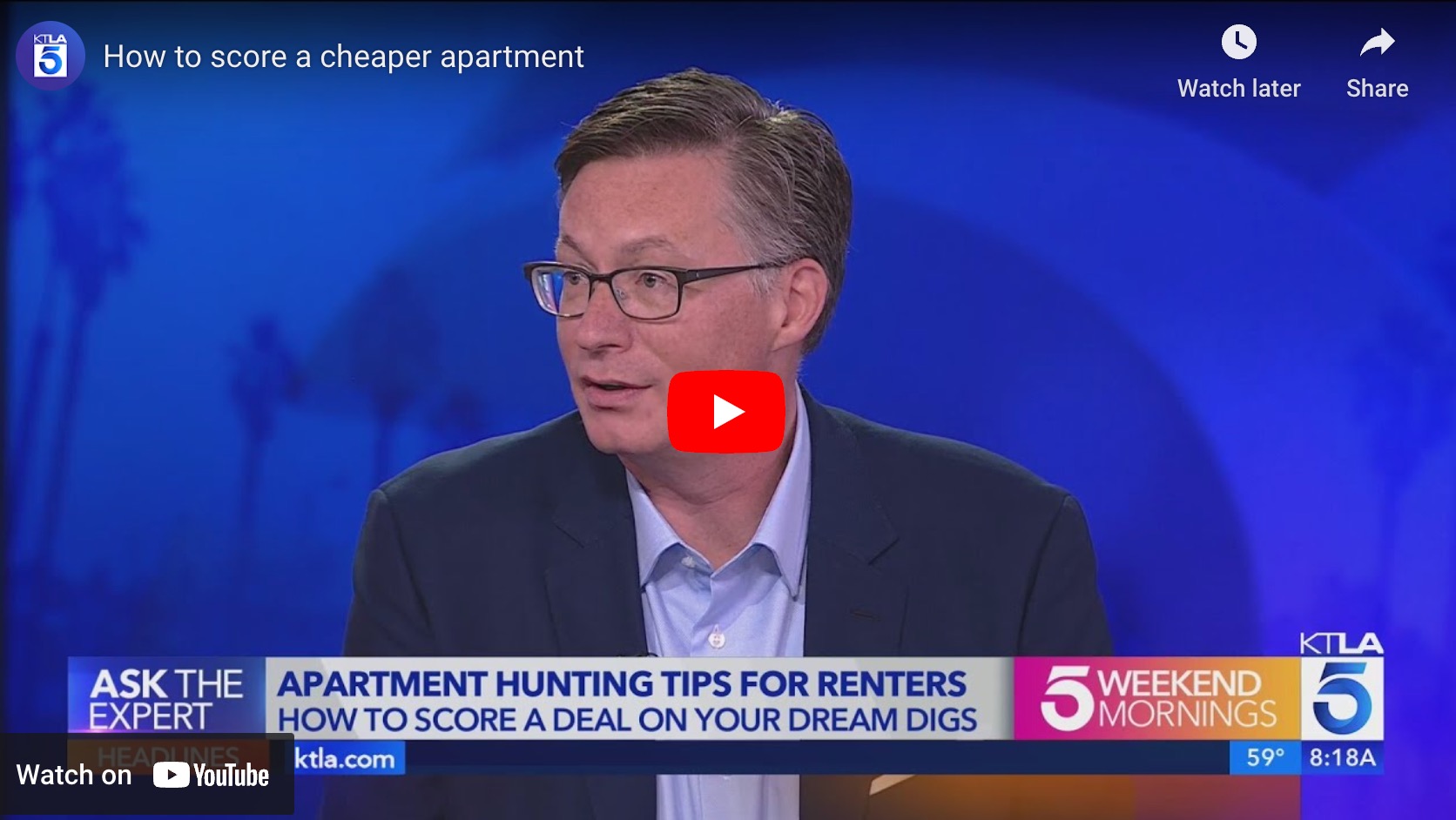You’ve probably heard people groaning about having to pay security deposits before, even if you haven’t had to pay one yourself. If you’re a first-time renter, you might be wondering: What is a security deposit, exactly? How do security deposits work?
What is a Security Deposit?
A security deposit is a payment you make to a landlord before becoming a tenant on their property. It is intended to cover any damages uncovered after you move out. The landlord keeps it in their possession while you are a tenant. You’ll get the full amount or part of it back at the end of your tenancy, depending on what (if any) repairs your security deposit is used to cover.
Why Do I Have to Pay a Security Deposit?
Your security deposit is an extra measure your landlord takes to ensure that you don’t cause any damage to their property while you’re there. If you cause damage to the rental, your landlord can use your security deposit to pay for repairs. In fact, those damages are the only thing your landlord can use your security deposit to pay for. Because you’ve put down a security deposit, you’ll cut down on problems between you and your landlord about who will pay for damages or how.
How Much is a Security Deposit?
A lot of different factors go into deciding how much your security deposit will be. Some states have caps on security deposits and others don’t. Some landlords will only require $100 as a deposit, while others will want several months’ worth of rent.
Your background check also plays a role in the size of your security deposit. For instance, if you have no credit or a pet, you might have to pay a larger security deposit. If you offer a flexible move-in date or something similar to the landlord, you might be able to pay a smaller one. If you don’t think you can afford the security deposit the landlord requests, you can try to negotiate.

How Do I Make It More Likely I’ll Get My Security Deposit Back?
We have a whole article on things you can do to improve the chances you’ll get your security deposit back, and another one on easy repairs you can make to the same end. Generally, you’ll want to make sure that the rental is in the condition you left it. In a general sense, this means that it’s clean and the appliances are in working condition.
Make sure your landlord does a walk-through with you at the end of your tenancy. That way, if there are any problems, you can catch them before you leave and ensure that your security deposit is refunded. Also, make sure to leave your key behind. If you don’t, the landlord might have to change the locks, and that could come out of your security deposit.
What If I Don’t Get My Security Deposit Back?
Generally, your security deposit should come back to you in a month or two. If it doesn’t, call or email your landlord to remind them to send it over. It’s also a good idea to be familiar with your state’s specific laws around when a landlord must return your security deposit, if they’re in place. That way, you’ll know what your rights are as a tenant.
Best of luck as you navigate the world of security deposits and finding the perfect rental. We hope we’ve helped you understand how security deposits work.
Looking for a rental? Dwellsy has your back.
Check out the Dwellsy blog.








